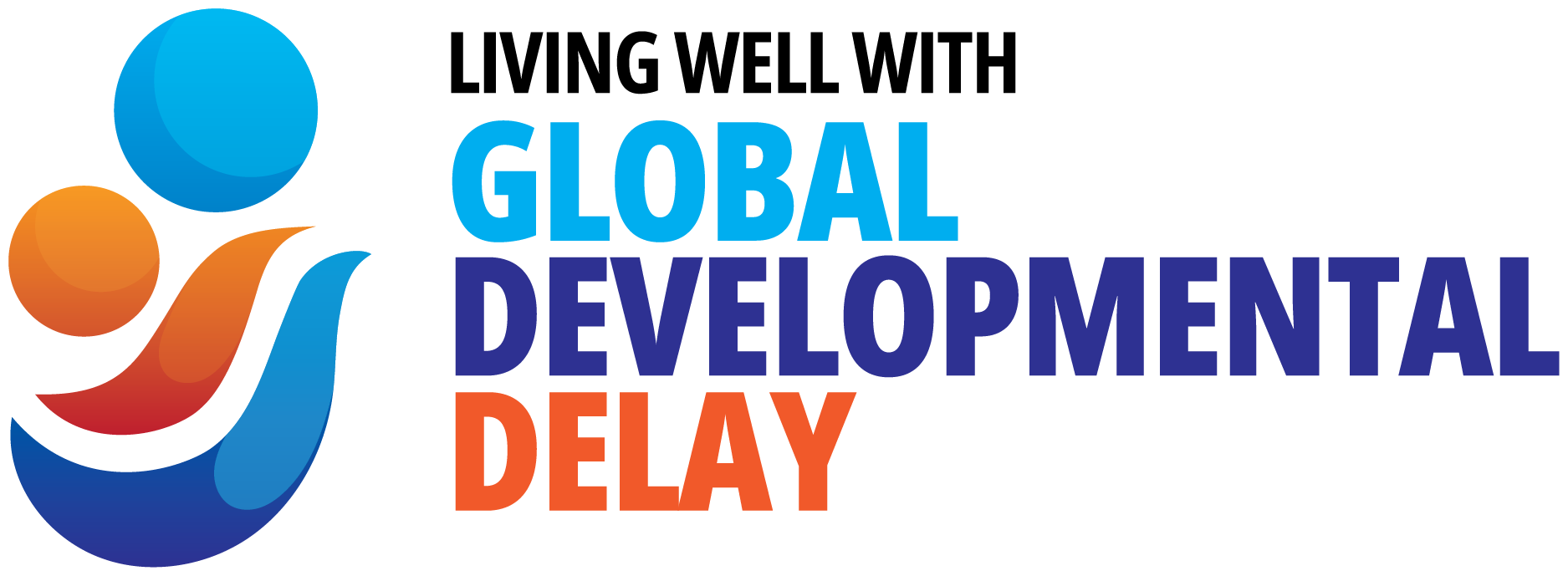- Ask anyone who knows your child for advice about what they think your child needs and to provide documents and reports to share with your planner.
- You don’t need to pay for reports for a first plan.
- For review plans there is a report form that NDIS prefers to be used by early childhood intervention practitioners.
Preparing for NDIS planning
Gather Information
Key Messages
Gather any information you have already to take to your NDIS planning meeting including:
- Any of your child’s documents or reports, letters, assessments, observations and medical reports. These can be from your paediatrician, GP, childcare / preschool / school and therapists.
- Your “Blue Book” will have information on your child’s progress
Checklist 1 can help you plan what information you can collect.
Gather any information you have already to take to your NDIS planning meeting including:
- Any of your child’s documents or reports, letters, assessments, observations and medical reports. These can be from your paediatrician, GP, childcare / preschool / school and therapists.
- Your “Blue Book” will have information on your child’s progress
Checklist 1 can help you plan what information you can collect.
Ask others what they think you need:
Those who know you well, like your extended family, playgroup, preschool, childcare or school teachers and hospital teams can give you a different perspective.

When you think about who to ask, list all the:
- services your child currently attends/receives i.e. school/preschool
- community activities your child is involved in i.e. playgroup, swimming.
Ask each one to provide you with information, any documents they have or a report.
Global developmental delay is different for every child. The NDIS planners will consider all areas of your child’s development. This will include movement, communication, self-care, participating in daily routines and socialising with others. Your GP/Paediatrician can give you some direction. They often will focus on requesting the people they think you need, such as a speech pathologist, occupational therapist, or physiotherapist. It is often only when you start in early intervention, and when specialists meet you and get to know your child that you will fully know what you need.
Do you know what educators, speech pathologists, occupational therapists, or physiotherapists offer in early childhood intervention? Find out here.
Every child and every family is different. Your feelings as you take the journey from noticing your child may have a delay, to diagnosis, and beyond may also be different from that of other parents. There is no right or wrong way to feel.
Reports and Documents
For your child’s first plan, only worry about the reports that you have already or reports you can gather with no cost to you.
For review plan meetings you will need to arrange some funding in your package so that your intervention providers can document what the planners are wanting.
There is a report form that NDIS prefers be used by early childhood intervention team members.
https://www.ndis.gov.au/news/5245-new-early-childhood-provider-report-form-available
Reports from community activities / childcare or school
Reports from preschool, day-care, childcare, and school are extremely useful.
You can use:
- observations and developmental information related to pre-academic/academic skills, communication/ speech, gross motor skills, social skills, play skills, self-care skills etc. (They will also give you a starting point for your child’s goals.)
- specific information about your child’s inclusion needs.
When asking for a report indicate what you feel is important to be covered.
Encourage writers to document:
- why your child attends these services and activities
- how the activities support your child’s development and quality of life
- any barriers that stop your child from getting the most out of the activities or being involved in services
- what help would support your child to access and make the most of these activities? E.g. What would help your child interact with their peers or in group settings?
After a report is written:
- check you are happy with how it describes your child’s needs and
- ask them to explain anything you don’t understand.
If you feel distressed thinking and reading about this topic,
talk to your GP or health professional. You can also call Lifeline on 131 114.
Prepare For The Meeting
“How do I know what to ask for?”
Remember- You know your child best.
These are questions to ask yourself and others. Using Checklist 2 may help organise your ideas.
Current Support required:
Note how much support is it currently being given to your child in their daily life:
- what and how much support do you, or others give (maybe even without realising it)?
- what you want your child to do with your support?
- what extra support does your child need for this to happen?
Future Directions Short and Longer Term:
What would you like your child to be able to do in the next
- 3 months?
- 12 months?
- 2 years?
Daily Life:
Make notes about your daily routines to take to the meeting. Go through your child’s daily activities.
- How much support, what type of support and how much time is needed to do each activity?
- What help do you need so your child can be more independent?
Describe a difficult / worst day for your child.
- How does it look?
- How could things be better?
Developmental Areas for Support:
What would you like to help your child with?
E.g.
- keeping my child safe e.g. keeping the car seat belt on.
- communication e.g. telling me what he wants?
- selfcare skills e.g. learning to use the toilet?
- physical skills e.g. climbing up the slide in the park?
- social skills e.g. making friends at childcare?
Priorities:
What does your child need the most help with?
E.g.
- joining in at childcare?
- starting school?
- Walking?
What are the priorities for you and your family?
E.g.
- to go out as a family – going bike riding together
- to go back to work
- be comfortable have my parents baby sitting.
What are priorities are there for childcare/school?
- using the toilet without help
- using Key Word Signs
- playing with other children
- staying with the class
What information or help do you need to help your child with?
E.g.
- child toilet training information?
- how to use my child’s communication device?
Highlight points in reports:
- Collect and organise all information in the one place. Paper copies are useful to refer to in a face-to-face meeting. Electronic copies are easier to share with the NDIA
- Highlight what each document will be sharing about my child (and family).
